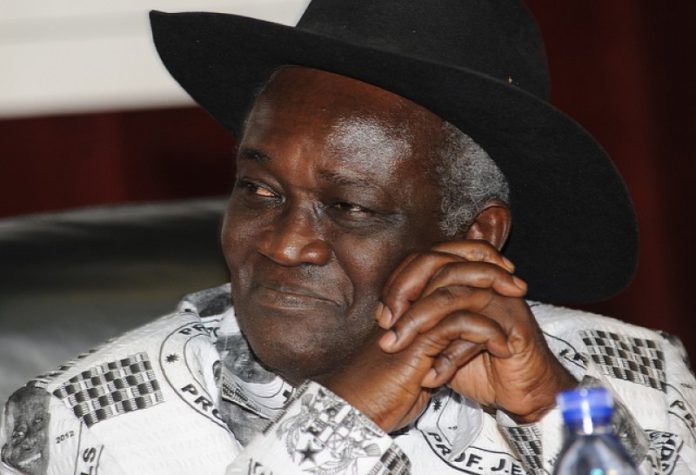A local government expert, Professor Kwamena Ahwoi, has proposed the reintroduction of the Inter-ministerial Coordinating Committee to drive the decentralisation process.
He said the committee, which should be chaired by the President, should be responsible for policy formulation and implementation.
He made the proposal at his inaugural annual lecture last Thursday in Accra where he pointed out a 15-point programme of action for the future of democratic decentralisation for development.
Prof. Ahwoi, who directly, supervised and chaired the inter-ministerial task force that prepared the first major legislation on decentralisation local government in the country, the Local Government Law, 1988, Provisional National Defense Council Law (PNDCL) 207, said the proposal was to prevent extreme polarisation and partisanship that characterised the level of national politics.
Unapparelled luxury
“What is important is which consequential amendments must be made to the 1992 Constitution. Two examples stand out as pre condition on which a consensus must be arrived at before the local government system may be made partisan if we are to avoid a “BREXIT” type referendum,” he said.
He said there must be a consensus on the issue of the election of metropolitan, municipal and district chief executives (MMDCEs), saying constitutionally, they could be elected without making the district assembly system partisan.
Speaking on the theme, “Decentralisation, local governance and local development in Ghana: The past, present and the future,” Prof. Ahwoi asked if local government elections would continue to be state-sponsored or whether the burden of sponsoring candidates should be shifted to the political parties under a partisan local government system.
“A simple constitutional amendment will resolve the issue,” he said.
Election of MMDCEs
Prof Ahwoi further called for consensus on the election of Metropolitan, Municipal and District Chief Executives (MMDCEs).
He explained that the MMDCEs could be elected without making the district assembly system partisan.
Setbacks
Prof. Ahwoi observed that one of the major setbacks on the journey to effective fiscal decentralisation has been the capping of the District Assembly Common Fund by the seventh and eighth governments of the Fourth Republic.
“This has been in sharp contrast to what the third and fourth governments of the Fourth Republic did by increasing the fund from five to 7.5 per cent of the total national revenue, an increase that was continued by the fifth and sixth governments of the Fourth Republic,” he said.
Prof. Ahwoi said for the future, the District Assembly Common Fund must be restored to 7.5 per cent of total national revenue or if possible, to 10 per cent.
“These can only be achieved by consultation and consensus. I, therefore, propose that just as was done by our late beloved President, Prof. John Evans Atta Mills, in 2009-2010, we convene a national stakeholder conference on decentralisation, irrespective of which political party wins the upcoming elections, and, using the proposals and others that we may come up with as the framework, try to reach the needed consensus that will enable us to secure the decentralisation and local governance future that we all so urgently desire,” he added.
ALSO READ:

